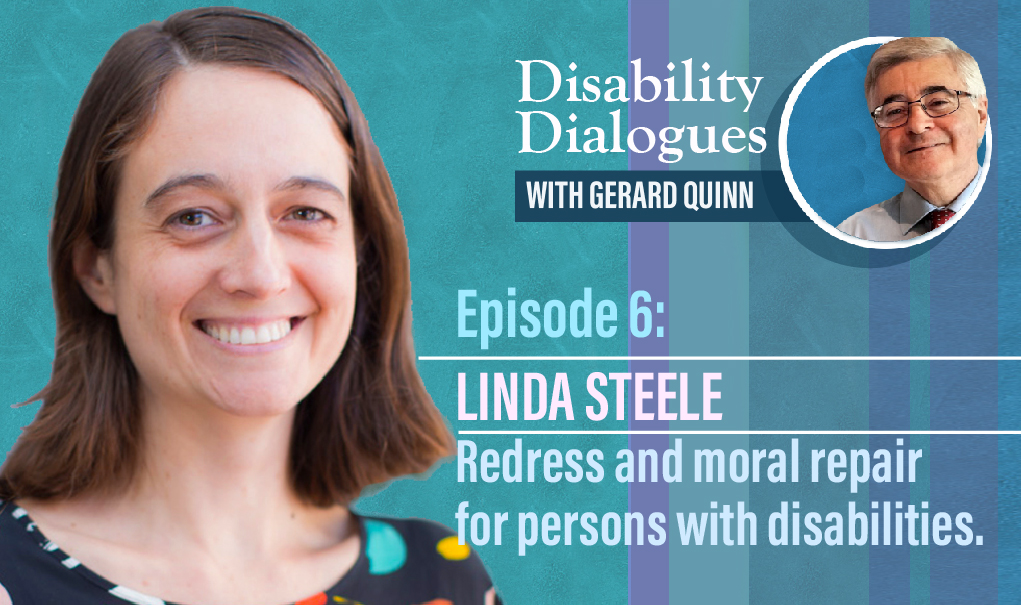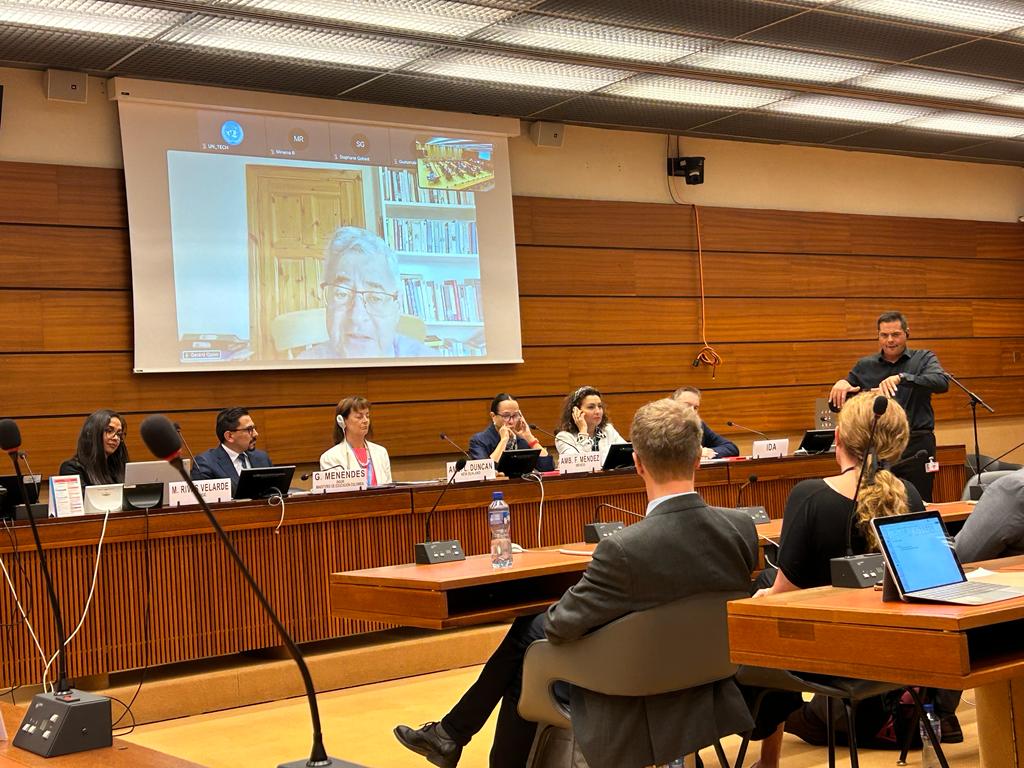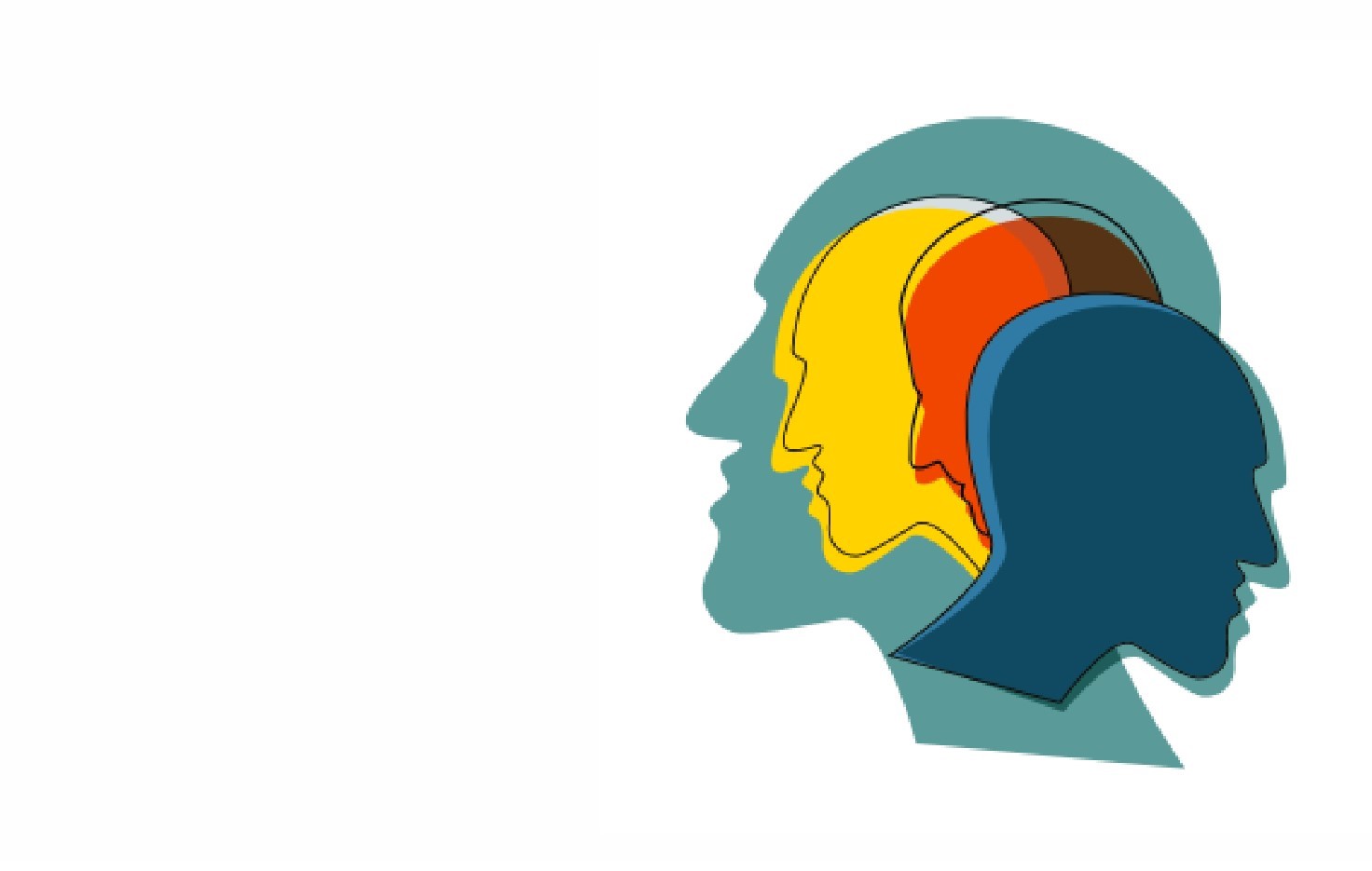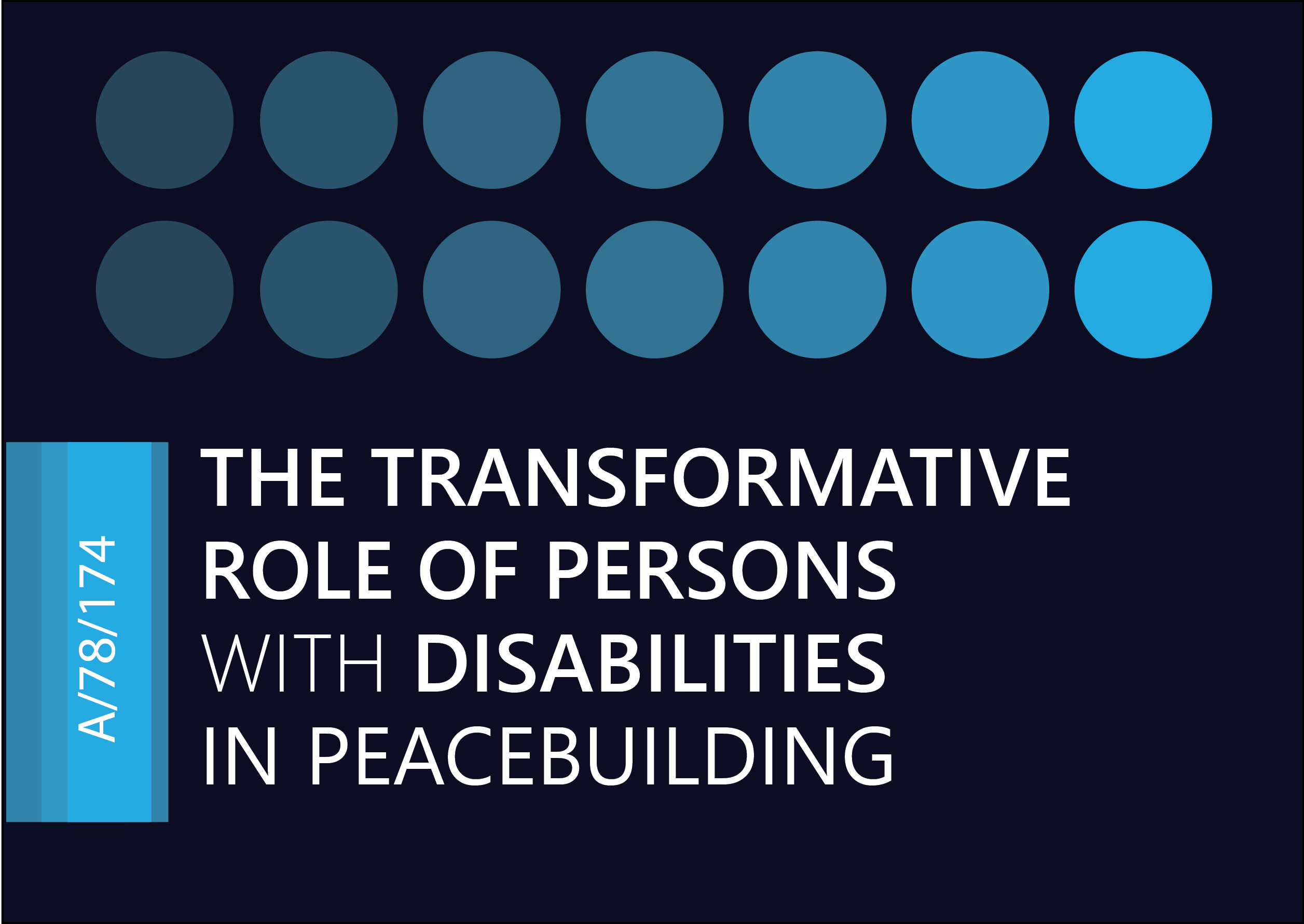Remarks made by Gerard Quinn to the Department of Foreign Affairs of Ireland.
I am most grateful for allowing me to make this short video address. I do so as someone with a long history of involvement in disability affairs here in Ireland and in the EU.
And I do so in my present capacity as UN Special Rapporteur on the rights of persons with disabilities – an honour both for me and for Ireland.
At the outset let me say something that very few people realise.
The Department of Foreign Affairs was at the very forefront of international efforts to get a UN treaty on disability adopted. It funded the UN OHCHR Study that Theresia Degener and I conducted in 2001-2002. That Study helped trigger the negotiations and helped inform the same. And the Department of Foreign Affairs organised one of the first ever conferences focusing on what shape the treaty should take in Kilmainham in 2002. Th UN Ad Hoc Committee suggested this to all States – and Ireland was one of the first out of the block.
May I pay tribute especially to the esteemed former head of the Human Rights Unit at the Department – John Rowan – for making all this possible.
Probably, this native commitment had its wellsprings in some of the early innovations here – like the establishment of the landmark Commission on the Status of Persons with disabilities in 1992 and the landmark discrimination legislation in 1997.
One of the outstanding features of the UN treaty is that it specifically includes international cooperation and development assistance – Article 32. Even if it didn’t, international affairs would still be within the embrace of the treaty as it calls for the inclusion of a disability perspective in all policies and it does not distinguish between domestic and external policy.
Allow me to make just three main points today.
First of all, The DNA of the treaty has everything to do with visibility – or ending the invisibility of persons with disability.
Let me draw this out a tiny bit. Persons with disabilities were visible in the past – but only as vulnerable persons, as persons who needed protection, almost as objects and especially as objects of largesse and charity.
The main pivot in the new treaty rests on an equal recognition of personhood – and a commitment to use the tools of law and public policy to engineer common space for human endeavour. If you want, its about citizenship – for 1 billion persons in the world.
So we are not talking about business as usual – we are not talking about putting more money into old ideas. We are talking about a completely new paradigm.
Secondly, the range of reckonable issues is not tied to the old ‘protection’ or welfare support model. Its bigger and broader than that.
One result of the old approach was that disability fell into narrow and hermetically sealed silos – education, humanitarian assistance, welfare support, etc. However, people don’t come with narrow disconnected needs. If we continue to look on disability this way we miss the many opportunities for change and ignore how disability fits with many contemporary challenges facing the global community.
That is exactly why we focused on Artificial Intelligence & disability last year – on the benefits as well as the challenges.
That is why one of my main thematic focuses is on conflicts and disability. We focused last year also on nuancing the 4th Geneva convention on civilian protection in times of war to meet the requires of the UN disability treaty with the active collaboration of the ICRC.
And that is why this year I intend focusing on peacebuilding & disability where there is significantly untapped potential of persons with disabilities in re-building broken societies. We know that vividly from Northern Ireland.
Our future projects on using the SDGs to break the cycle of extreme poverty and disability, on climate change & disability as well as on specific neglected groups like indigenous persons and refugees show that the range of your ambitions need not be tied to the past but can be tethered to the common challenges facing all of humanity.
The world is changing and we have an opportunity to make sure that 1 billion persons are not left behind as we adjust.
Third, what can Ireland do or do better?
I don’t need to tell you that Ireland punches way above its weight in multilateral fora. When Ireland speaks, others listen. This presents an opportunity to make a real and visible difference. Our many impactful forays in the international disability field have been episodic in character. That’s not a criticism – just an observation.
We can draw inspiration from other foreign ministries.
Two practical examples spring to mind. For some time now, the US State Department has had a special adviser on disability & foreign relations. First set up under the Obama Administration, this post has proven highly successful across the board and not just with respect to development assistance.
Another highly successful innovation was the appointment of an ambassador at large in the Finnish administration to deal with disability & foreign relations. This provides a public face to the Finnish external relations administration which is doing admirable work around the world.
I am not an expert on how the Department functions but I would suggest some attention might be paid to having some central reference point to identify issues at all levels in which we can make a real difference, to prioritize, and to help operationalise. This has certainly worked elsewhere.
In conclusion, many opportunities exist for Ireland to showcase its rapid development on disability issues from the early days of the 1990s to today. We are by no means perfect – but the arc of change is still impressive.
More importantly, we can add our voice to those calling for enhanced visibility for disability in important debates that will shape our common future – like climate change, like armed conflicts and peacebuilding, like ending extreme poverty.
These issues arise at the highest possible level (UN Security Council) right down to bilateral relations, dialogue and development assistance. There may even be some we can take a lead on.
One last point, the trick to inclusive development assistance in the future will be the adoption of a (country specific) theory of change – exploring what multiplier factors are at play that can magnify and sustain assistance so that people with disabilities can take charge of their own lives and make a meaningful contribution.
Again, I am extremely sorry I cannot be with you. I know your dialogue will be rich and action-oriented. I look forward to hearing about your deliberations.
Thank You.






